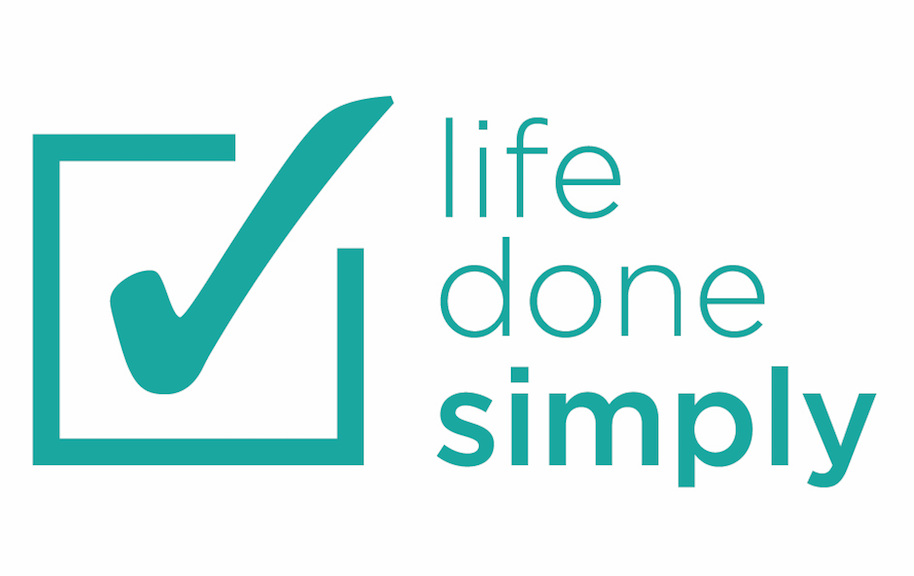The Remote Work Paradox
/We were promised liberation.
No more commutes. No more office politics. No more constraints of geography.
But something unexpected happened on the way to remote work utopia.
Our homes became our offices, but our minds never learned to clock out. The walls between work and life didn't just blur—they disappeared.
Freedom without boundaries isn't actually freedom at all.
The calendar fills with back-to-back video calls. The Slack and Teams notifications never stop. The laptop sits open on the kitchen counter, beckoning during dinner.
We gained flexibility but lost ritual. We escaped the office but brought its worst habits home with us.
The irony is piercing: We have more control over our work than ever before, yet feel less in control of our lives.
This isn't a technology problem. It's not even a policy problem.
It's a practice problem.
The office gave us built-in boundaries. Without them, we must create our own—deliberately, intentionally, sometimes stubbornly.
The most productive remote workers are the ones who've mastered the art of stopping.
Closing the laptop at 6 PM and not opening it again until morning.
Setting expectations with colleagues about response times.
Creating physical and mental spaces where work doesn't intrude.
The question isn't whether remote work is better than office work. The question is: Will you have the courage to create boundaries that the office once created for you?
Because in a world where you can work from anywhere, the hardest skill to master is knowing when not to work at all.

